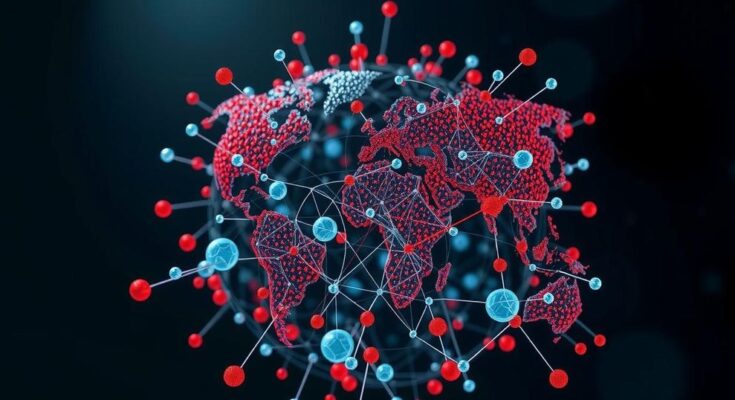At the Web Summit, Michael O’Flaherty warned of the existential threat to Europe from failing to support Ukraine amid rising human rights challenges. He acknowledged AI’s potential for positive change but cautioned against its risks. O’Flaherty stressed the need for strong regulations and the creation of a shared language between tech and human rights advocates to ensure justice and accountability, particularly for atrocities occurring in Ukraine.
At this year’s Web Summit technology conference in Lisbon, Michael O’Flaherty, the newly appointed Commissioner for Human Rights at the Council of Europe, stressed the dire necessity of supporting Ukraine amidst escalating human rights challenges across Europe. He emphasized that neglecting Ukraine would be an “existential loss” for Europe, compounded by rising anti-Semitism, Islamophobia, and the misuse of technology. O’Flaherty pointed to the profound potential of artificial intelligence (AI) to improve the world while cautioning against its risks, including discrimination and disinformation. O’Flaherty advocates for strong regulations to safeguard human rights and praised initiatives like the EU AI Act. However, he highlighted the urgent need for a ‘common language’ to foster dialogue between the tech and human rights sectors. He believes that collaboration with civil society can bridge the gap, crucial for achieving justice for the atrocities unfolding in Ukraine. Citing the urgent need for accountability, he called for a unified approach to ensure human rights are central to technological advancements. Reiterating the seismic shift technology can bring, O’Flaherty reflects on both the brilliance and perils of AI. He noted how it’s recognized for groundbreaking medical advances – cures for diseases, vaccines for pandemics – yet warned of the darker shadows it casts through bias and misinformation. Balancing such innovation with human rights, he contends, requires a toolkit of regulatory measures, ensuring moral obligations are upheld within the realm of technology, both offline and online. The Council of Europe’s framework convention on AI aims to create binding standards to uphold rights within the fast-evolving tech landscape. O’Flaherty emphasized the importance of collaboration, recognizing that progress hinges on effective communication and partnership between technologists and human rights advocates. This dynamic exchange is vital, particularly for addressing the brutal realities faced by victims in Ukraine. As he recollects the testimonies from Bucha, he affirms, “There has to be justice. We have to have criminal accountability for criminal acts.” Thus, the narrative unfolds around a profound truth: the future hinges on our collective commitment to marrying justice with technological advancement.
The escalating challenges of human rights in Europe, particularly due to the war in Ukraine, have led to increased scrutiny of both societal responses and technological implications. Michael O’Flaherty, who was elected the Commissioner for Human Rights, emphasized the intersection of AI development and human rights during a pivotal tech event. The context highlights the ongoing conflict and the urgent human rights concerns stemming from the misuse of technology amid the rise of authoritarian regimes.
Michael O’Flaherty’s urgent messages at Web Summit reflect the overwhelming need for a collective approach to human rights and technology. As AI holds vast transformative potential, the risks of discrimination and misinformation loom large. A cooperative dialogue between the tech industry and human rights sectors is critical for shaping a future where innovation supports justice and accountability, especially concerning the ongoing crisis in Ukraine. Ultimately, we must recognize that safeguarding human dignity amidst technological advancement is not just a necessity; it is a moral imperative.
Original Source: www.euronews.com



